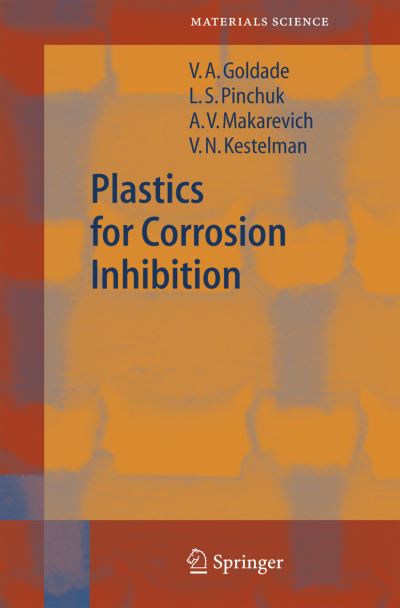
One of the key problems of failure-free operation of machinery is prevention of corrosion. The global scale of modern production makes this problem even more critical. At the beginning of the 21st century industrial contami- tion and the corrosion-active nature of the environment reached a level such that corrosive damage of materials became commensurate with their prod- tion volume and expenditure on anticorrosion protection of machines became comparable with investments in basic production. Anticorrosion techniques changed from being an auxiliary service to industrial enterprises into a dev- oping, scienti?cally intensive and generously ?nanced branch of production. Polymers occupy a very speci?c place amongst anticorrosion techniques. Polymers combine good chemical resistance with impermeability to di?- ent media and unusual deformation characteristics. The main principle of their application as anticorrosion means is the creation of a tight barrier that insulates metal machine parts or constructions from corrosion agents. The advantages of polymers allow the creation of such a barrier at minimal cost,providingprotectionoftheworkingmachinesfromcorrosion,combining their manufacture with preservation and decreasing the cost of anticorrosion. This is one of the main reasons why world production of polymer materials increased by almost 50% in the past decade.
| ISBN: | 9783540238492 |
| Publication date: | 22nd April 2005 |
| Author: | V A Goldade |
| Publisher: | Springer an imprint of Springer Berlin Heidelberg |
| Format: | Hardback |
| Pagination: | 383 pages |
| Series: | Springer Series in Materials Science |
| Genres: |
Condensed matter physics (liquid state and solid state physics) Engineering applications of polymers and composites Testing of materials Engineering: general |